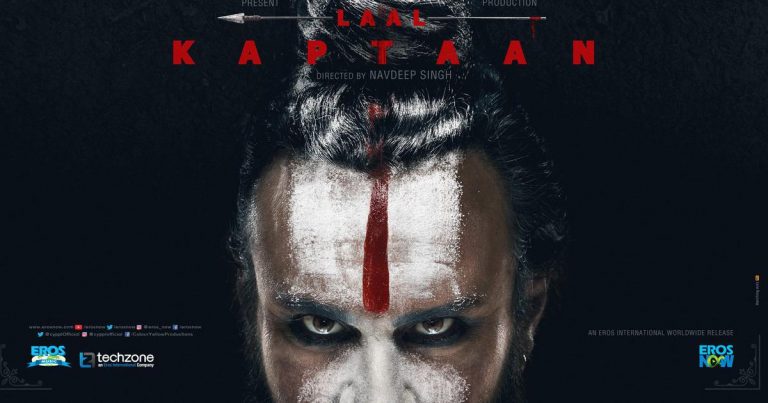Justin Kurzel has become known for his bold and visual storytelling, with films including Macbeth, Nitram, and the blockbuster Assassin’s Creed adaptation under his belt. However, for his latest project, the director has turned to documentaries. Ellis Park follows the musician and composer Warren Ellis, a friend of Kurzel’s who is known for bands the “Dirty Three” and “Bad Seed,” as he visits an animal sanctuary in Sumatra named after him, which he helped to fund.
The sanctuary, run by Dutch-born paramedic Femke Den Hans, is simultaneously uplifting and chilling as it offers a glimpse into the fight against the illegal animal trade and the perseverant people fighting it. However, the documentary is an equally revealing look into the eclectic life and mind of Warren Ellis himself.
I sat down with Kurzel in advance of Ellis Park’s World Premiere at the London Film Festival to discuss it. We touched on his experiences working with Ellis, who also scores the film, the shock he felt at witnessing such animal cruelty, and how he learned to go with the flow while making the documentary.
Jamie Carlstrand: How far back does your friendship with Warren Ellis stretch, and how did you come to work on this project with him?
Justin Kurzel: I was a huge admirer of the “Dirty Three” growing up in Australia, and I’ve always had a huge admiration for him. So, I would meet him at gigs, or there’d be a film event. We then met each other at the Cannes Film Festival when he was there with The Snow Leopard [a film Ellis composed which is now titled The Velvet Queen] and I was there with my film Nitram. It was at the end of Covid, and it was just really lovely seeing him and being around people for the first time.
He mentioned how prolific he’d been during Covid and how many albums he and Nick [Park] had done. He’d also done soundtracks, written the book “Nina Simone’s Gum,” and he’d opened up this wildlife sanctuary in Sumatra called Ellis Park. He hadn’t been there yet, and he was planning to take this eight-foot statue of Nina Simone’s Gum with him, and I just instantly went “Oh, I think there’s a film there”.
He held me to it, and we started it. We realized that it would be impossible to get an eight-foot Nina Simone’s Gum statue carved out of marble to this sanctuary. So, the film thankfully shifted into something much more intimate.
Jamie Carlstrand: You are a director who is used to molding your worlds, having done very visually stylistic films and coming from a background in theatrical design. Did it feel liberating or conflicting to make a film where you are documenting what you see rather than shaping it?
Justin Kurzel: It felt really liberating, and I loved the process. It was a bit scary at first, as I think I had a lot of preconceived ideas of what I wanted, and none of those ideas worked. But any idea I had, the animals or Warren would say or do something much more interesting, and it would suddenly lead off to that.
I just loved how present you had to be and how you couldn’t dictate what was too much. You just had to be alert to what it was becoming and what was interesting about it.
So yeah, I loved it. I found it quite liberating, as you say, quite refreshing.
Jamie Carlstrand: It’s unsurprisingly a very musical film with Warren Ellis as the composer. Did you construct the film’s rhythms and images with his music in mind, or did he fit his music around your documentary?
Justin Kurzel: Warren always had his violin and keyboard, so he was playing a lot, and I think those spaces in which he was playing started to define what he was playing.
Especially in Sumatra when he’d wake up and all the primates were waking up. We’d get these incredible sounds that were happening around the park and there was a call to prayer way off in the distance at one of the mosques. The was a natural musicality about this place, and he would just start playing.
I noticed that he was playing the same kind of riff that felt really new. I became interested that this piece of music was coming out of this place. That was perhaps when the idea of the soundtrack being a combination of all the stems, all the sketches that he’d started to find and play in Sumatra. I got quite excited that the audience would hear and witness the evolution of these pieces of music that were coming out of the making of the film.
Jamie Carlstrand: It’s also a very personal film for Warren Ellis and as much about discussing his family trauma and mental health as it is about his work in Sumatra. Were you surprised at the revelations he had, or was it a side to him you already knew?
Justin Kurzel: I’d read Nina Simone’s Gum, and I understood how formidable his childhood was and how this country town of Ballarat, which he was now looking back at, had shaped him creatively.
Coming from a country town, I understood certain things that he was talking about. Certain needs to escape and create your own imagination.
[The documentary] became a really open, raw conversation that started to speak to a whole lot of stuff. There were a lot of similarities between Warren’s formative years and mine, and that became beautiful to share.
Jamie Carlstrand: On the topic of similarities, there’s a lovely moment in the film when Warren talks about how his dad was the one who showed him the “creative act”. Is there anyone you attribute with showing you the “creative act” and how to achieve it?
Justin Kurzel: There’s obviously a whole lot of artists that inspired me growing up, and the Dirty Three was one of them.
My brother Jed was also a great creative partner growing up. We would play a lot of sport together, and he’d pretend to be Australia and I’d be a conglomerate of the West Indies, Pakistan, and England. We’d create these whole games and whole series and all these different personalities. We’d do that with sport a lot.
But if we also saw a film, we’d act out the film for weeks. I remember seeing “Black Stallion,” and we would get our horses and ride them in our bathers. There was this propulsion in us to share and create worlds, and I think it’s no surprise that we’ve continued to work together [with him] being a composer and stuff.
Warren would also talk about recreating things and being able to sit in the backyard and play for hours and hours and hours because it’s no longer the backyard. It’s something else, it’s a recreation of a film, it’s an imagining. I was very lucky that, similar to Warren, I was surrounded by a place and people that stirred my imagination.
Jamie Carlstrand: There’s another lovely quotation in the film where, I think it’s Warren’s father, says the older he gets the more imagination he gets. Do you think you’ve kept this childish spark and that you are getting more creative over time?
Justin Kurzel: I don’t feel tired. I feel like you get to a stage where you feel a little bit more creatively settled or confident. It’s not to say you’ve nailed it, or that you suddenly feel like you’re a master at anything. But after you’ve been creating for a while, you have that lovely feeling of “I think I can kind of do this”.
And you relax a little bit more. You’re not so scared of failure, and that allows you to be a bit more productive and not worry so much. I’ve found that as I’m getting older there are things that I used to worry about, that may have stopped me from trusting myself or creating things, that aren’t there as much anymore.
I found that really inspiring about the park. That there’s a momentum to it, to the people, to the sanctuary. There’s something that needs to be done or something that needs to be solved. That definitely inspired Warren and me enormously. Sometimes it’s just about moving forward and being present to what’s in front of you, rather than worrying about what may or may not happen.
Jamie Carlstrand: As you say, the park is very inspirational and shows this wonderful side of humanity. However, it is also because of the worst of humanity that this park exists. Did it shape or change your view of humans or confirm what you already thought?
Justin Kurzel: I was quite shocked by the level of trauma that these animals have gone through and by their treatment and the absolute lack of care. I was deeply saddened and disgusted by what human beings can do to animals.
At the same time, I was also pretty blown away by how an animal can heal after that and trust again. I found that extraordinary. I was every day watching these incredible saints pour so much love and care into rehabilitating these animals and trying to give them the respect and dignity they deserve. So, it was a bit of push and pull.

But I was quite shocked by the amount of smuggling that was going on and this god-awful thing of taking an animal out of its home and its jungle and usually killing a mother to take a baby away. Then that poor baby ends up in a living room in a different country as a pet.
I was quite staggered by that.
Jamie Carlstrand: Is there a particular message, theme or feeling that you want people to take away from your documentary? Do you want it to be an optimistic film about the power of people or a warning about how people can treat animals?
Justin Kurzel: Well, I hope it’s entertaining and enjoyable. Warren is, and I think these animals are, extraordinary. Hopefully, it feels like a really wonderful adventure. It’s funny, and it’s sort of unassuming, and it’s surprising.
My deep hope is that after people watch it, they desperately want to support this place because it’s completely and utterly reliant on us. It’s not part of an agency. It’s the people that you see in the film that are its workers. [The kind of people who] having not slept for three days are desperately trying to keep alive birds that have been stuck under a hubcap in a car
They’re these extraordinary people running the website, doing all the administration, trying to get support and money to keep the park running, and at the same time building the enclosures and feeding these animals. They never say no. If an animal is in distress, they are there.
So, I hope that people watch this and feel inspired to see the good that’s happening and the extraordinary work that Femke and the gang are doing and want to be part of it.
Jamie Carlstrand: Amazing. On a more frivolous note, I loved the Lidl jump-suit that Warren Ellis wears for much of the film. Where can I get one, or is it his original creation?
Justin Kurzel: It’s a big mystery to me where Warren gets his clothes and how he comes across them. But he’s one of the best-dressed men I have ever walked next to.
Jamie Carlstrand: Yeah, he does cut such an iconic figure. Is he quite a magnetic person to be around?
Justin Kurzel: He’s by far one of the funniest, magnetic, charismatic, and ridiculously humble people to be around.
Jamie Carlstrand: Do you think a lot of that comes from his background and personal trauma?
Justin Kurzel: Well, I think he’s just lived a lot and reached a place where he wants to be authentic and truthful. He’s done extraordinary things and lived an extraordinary life.
So, I think that he’s probably more and more feeling comfortable with who he is and where he’s from. That was part of this journey, being able to have that conversation with me about his life and being an artist.
I loved making this. It is one of the best experiences I’ve had making a film. We became extremely close, and I love him dearly.


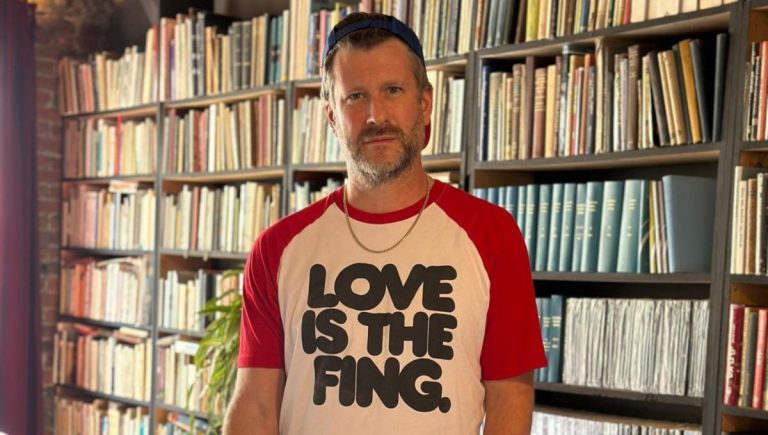
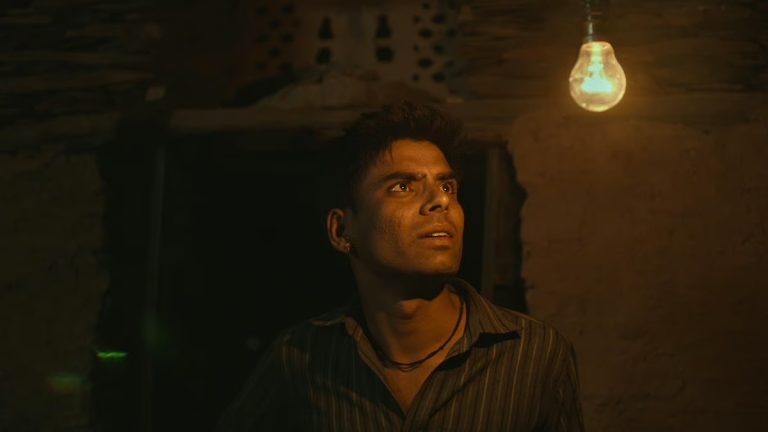
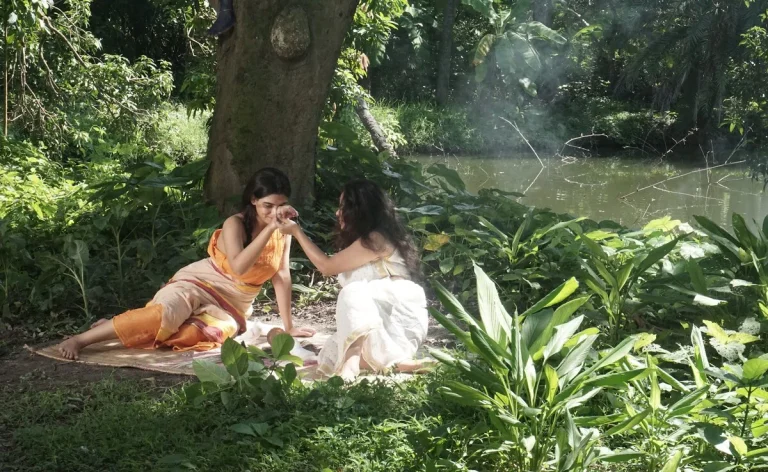
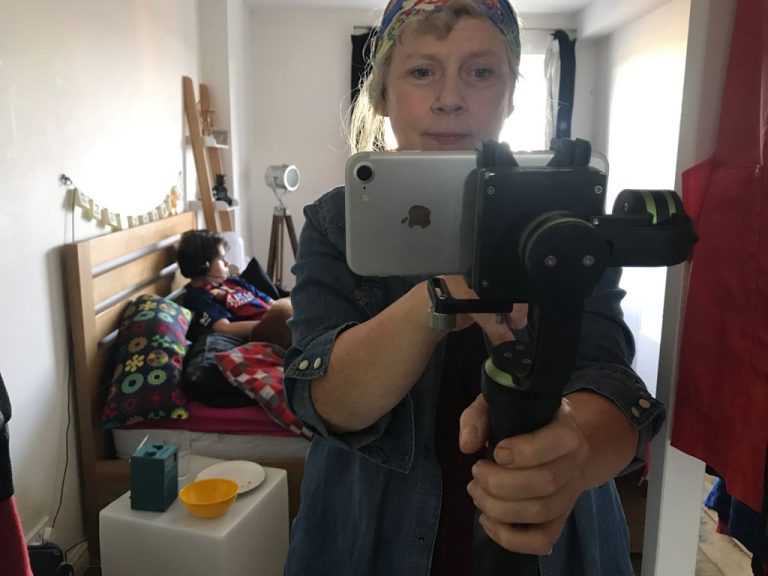
![Interview with Ronny Sen [Cat Sticks]](https://79468c92.delivery.rocketcdn.me/wp-content/uploads/2019/12/Ronny-Sen-Cat-Sticks-768x403.jpg)
